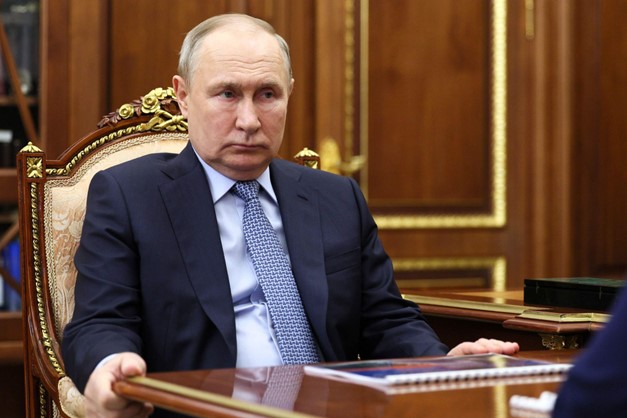What Russia’s Proposed Red Sea Naval Station Could Mean for the Sudan War
Post By Diaspoint | August 23, 2024

Whether the development has an impact on the conflict or not – it seems to represent a diametric shift in the Kremlin’s involvement in Sudan
Russian naval logistics station in Port Sudan, on the Red Sea coast.
In exchange, the embattled Sudanese government (SAF) are to receive “unrestricted qualitative military aid”, Deputy Foreign Minister Mikhail Bogdanov has said.
According to the Institute for the Study of War, Russia’s aspiration of building a Red Sea naval base has been clear since 2007.
It is the first occupation of Russian territory since the Second World War – and it has created a myriad of problems for Putin
Nikola Mikovic
The formal agreement dates back to 2017, when the Kremlin struck a deal with the ousted Sudanese dictator Omar al-Bashir to build a naval base capable of accommodating four vessels and up to 300 Russian servicemen.
There is still a great deal of uncertainty around both the nature of the proposed naval installation, and the extent of the military support the SAF will receive in exchange. Some have speculated that the military aid will likely consist of weapons, ammunition, diesel fuel, and parts for the SAF’s fleet of Soviet-era warplanes.
In April, Reuters reported that Russia had already begun shipping diesel to Sudan from Primorsk.
But what’s remarkable about this development – whether it has an impact on the conflict itself or not – is that it seems to represent a diametric shift in the Kremlin’s involvement in Sudan.
Before the demise of Yevgeny Prigozhin, Russia was supporting the SAF’s mortal foe the Rapid Support Forces (RSF), using PMC Wagner as a proxy.
Estimates suggest that 50 people have been killed or injured in targeted drone attacks in the last two months, and left Kherson residents scared to leave their homes
Zarina Zabrisky
Russia’s original motive for doing so is thought to be that the RSF had taken control over many of Sudan’s gold mines, at a time when the Kremlin badly needed gold to evade western sanctions following the invasion of Ukraine on 24 February 2022.
Gold has the advantage of being a universally traded commodity that exists within the global financial system and isn’t so vulnerable to fluctuations caused by sanctions.
Read More from original source
